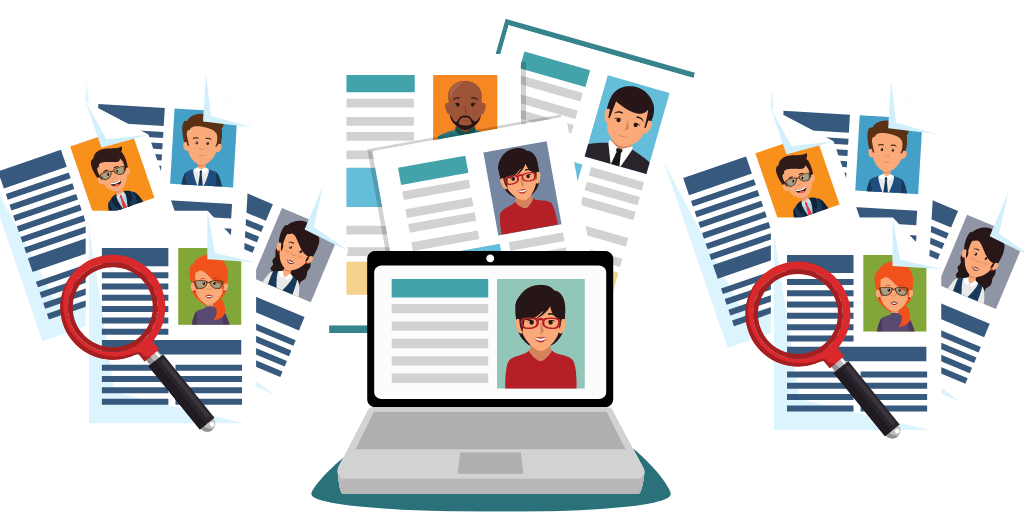Artificial intelligence is a proven useful tool for human resources practitioners. It speeds up the selection process and takes care of the menial task of segregation of resumes but bias is a lingering dilemma that the technology presents.
In certain parts of the world, governments are starting to draft laws to regulate the use of AI for hiring purposes to eliminate the possibility of biased selection. Employers must also inform candidates on the tools they will be utilizing and what they will be evaluating.
This may be a step in the right direction but according to Technodysis Private Limited an Indian multinational IT consulting firm this might be insufficient.
The company says that much of the technology utilized in the recruiting process operated without sufficient transparency or system guardrails.
Technology-based solutions include everything from simple resume skill matching to intelligent systems that make decisions based on previous successful applicants and learn as they go.
Susceptible to bias
However, AI-technology for hiring are all susceptible to bias. For example women often claim less talents on their resumes than their male counterparts, programmes that match job descriptions to resumes tend to weed out more women. More advanced AI-driven programmes have learned to lower resumes that contain the word “women’s” or mention typically female-only universities. Due to speech recognition’s history of not understanding women or racial minorities well, other video interview systems that purport to evaluate voice tonality and facial expression have aroused concerns.
To-date, there are still no clear industry-wide accountability practices in place to ensure that such hiring tools are not prejudiced. Age, sexuality, veteran status, handicap, and other identities are all crucial factors to take into account when hiring. AI is only as accurate as the data on which it is educated. We risk skewing algorithms against older employees or employees with disabilities who aren’t well represented in AI data sets as corporations seek to ensure their audits disclose no prejudice based on gender or race. According to research, AI doesn’t merely duplicate prejudice in data sets; it often increases it.
Technodysis suggests that laws covering AI in human resource acquisition be broadened. An annual audit to check for racial and gender prejudice is just insufficient to keep up with the rapid pace of technological advancement. All components and intersections of diversity should be checked for bias in tools. The hiring instruments in question have a huge impact on society and prosperity, and this new rule will kick off a crucial path toward equity. When applying for a job, candidates should have a reasonable expectation of getting a fair shot.

 Independent
Independent





















